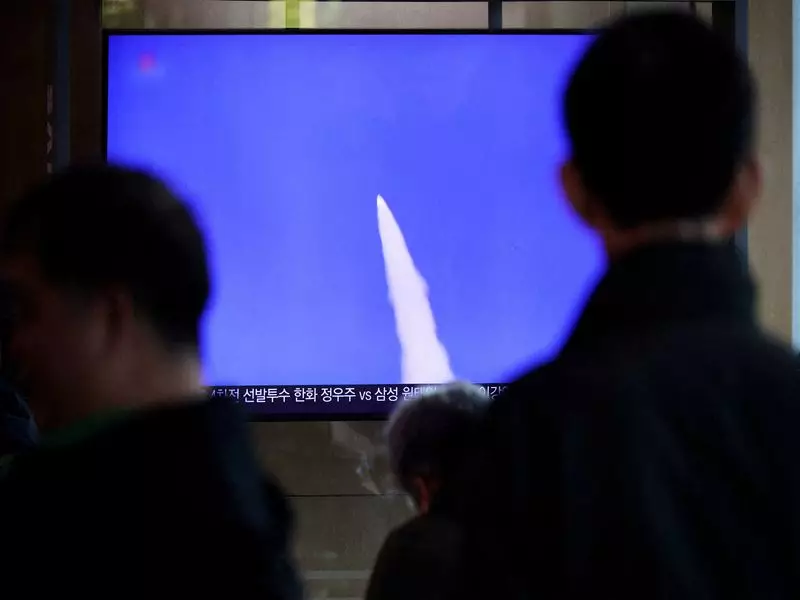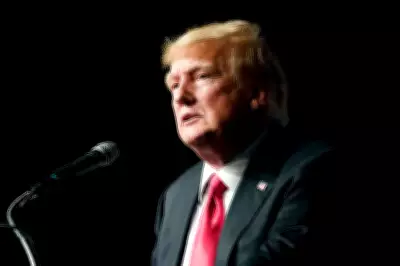
In a move that has heightened regional security concerns, North Korea conducted multiple cruise missile tests into the West Sea on Monday, strategically timed just days before former US President Donald Trump's anticipated visit to South Korea.
The South Korean Joint Chiefs of Staff confirmed detecting several cruise missile launches from North Korea's South Hamgyong Province around 5 am local time. Military authorities are maintaining heightened surveillance and working closely with United States intelligence agencies to analyse the missiles' capabilities and trajectory.
Strategic Timing Raises Eyebrows
The missile tests come at a particularly sensitive moment in regional diplomacy. Former President Trump is scheduled to visit Seoul this week, meeting with South Korean political leaders including potential presidential candidate Yoon Suk Yeol. This timing suggests Pyongyang may be using the launches to send a deliberate political message.
"This appears to be a calculated demonstration of military capability," analysed Dr. Lee Min-kyung, a professor of international relations at Seoul National University. "North Korea often times these provocations to coincide with high-profile diplomatic events, ensuring maximum international attention and political impact."
Ongoing Pattern of Military Posturing
This latest launch represents the eighteenth round of missile tests conducted by North Korea in 2023 alone, continuing Kim Jong Un's aggressive weapons development programme. The tests occur despite international sanctions and ongoing economic challenges within the isolated nation.
The international community has responded with concern. The United Nations Security Council resolutions explicitly prohibit North Korea from developing and testing ballistic missile technology, though cruise missiles present a more complex legal and technical challenge for enforcement.
Regional Security Implications
Security analysts note that cruise missiles pose particular challenges for regional defence systems. Unlike ballistic missiles that follow predictable trajectories, cruise missiles can fly at lower altitudes and manoeuvre during flight, making detection and interception more difficult.
South Korea's military has enhanced its surveillance posture and maintains readiness to respond to any potential threats. The timing raises questions about how the Trump-Yoon discussions might address North Korea's evolving military capabilities and the broader security landscape on the Korean Peninsula.
As diplomatic engagements continue, the international community watches closely to see if these latest provocations will influence upcoming talks or lead to renewed tensions in one of the world's most volatile regions.





